Car ownership isn’t cheap. NerdWallet ran a study averaging the total yearly costs of car ownership. Factoring in the average car payment cost found by Experion, average gas prices, insurance premiums, and other factors, they estimate that the average cost of car ownership is “about $8,469 per year in 2017.”
While this may seem high, both the freedom and independence a car are usually well worth the cost. In addition to gas and car expenses, here are 10 worthy investments that will make your car ownership experience much better. These maintenance tips, gadgets, and upgrades will make a difference in the longevity of your car’s life, as well as your safety on the road.
Replacing Your Brake Pads
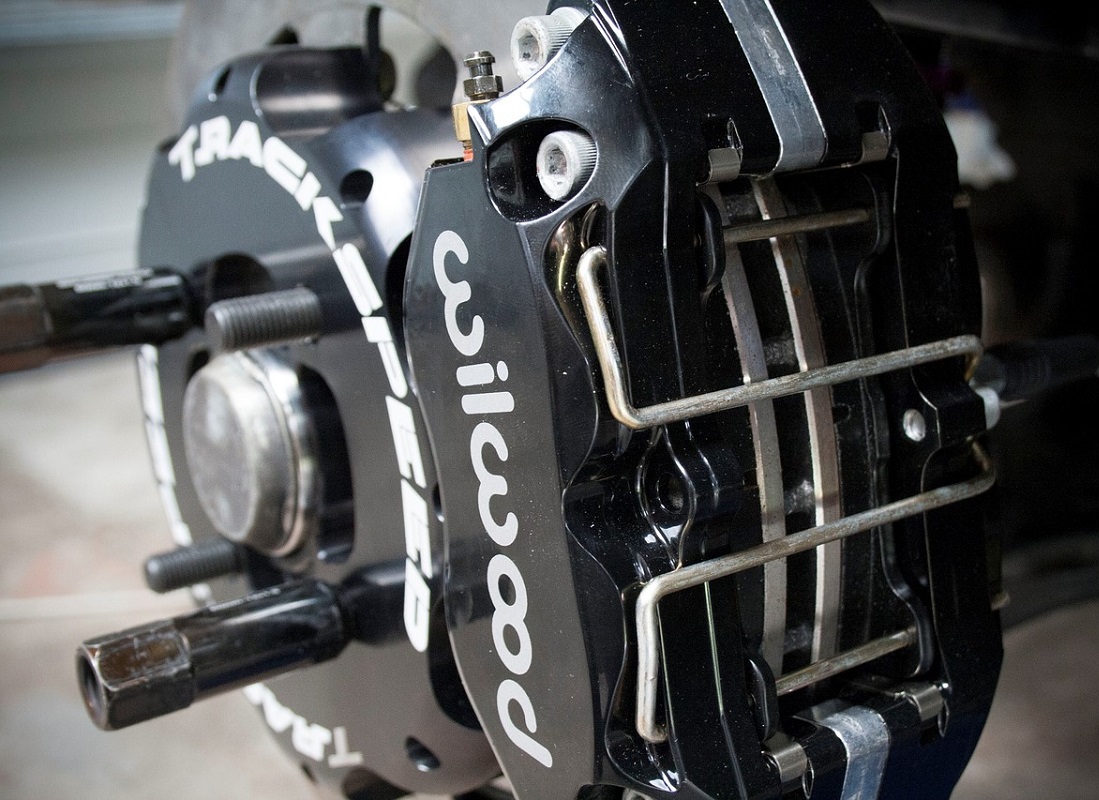 Image source: Pixabay
Image source: Pixabay
Your brakes are arguably the most powerful, and most important, part of your car. They should be given as much maintenance attention as your engine. Every time you press on the brake pedal, the master cylinder forces out fluid which (through several other steps), presses brake pads against your tire rotors. The pads are what separates the metal parts of your braking system with the metal parts of the tire, and wear with time and use. Eventually, they wear so thin that the metal-on-metal can cause warping and damage to all parts of the braking system, which is why replacing your brake pads is essential. When your brakes start to feel “soft” and it takes more pressure to come to a complete stop, you will know when this likely needs to be done.
If this starts to happen, don’t hesitate to get your car into the shop! You’ll save on hundreds of dollars of repairs if you get this taken care of ASAP.
Choosing Synthetic Oil (In Most Cases)
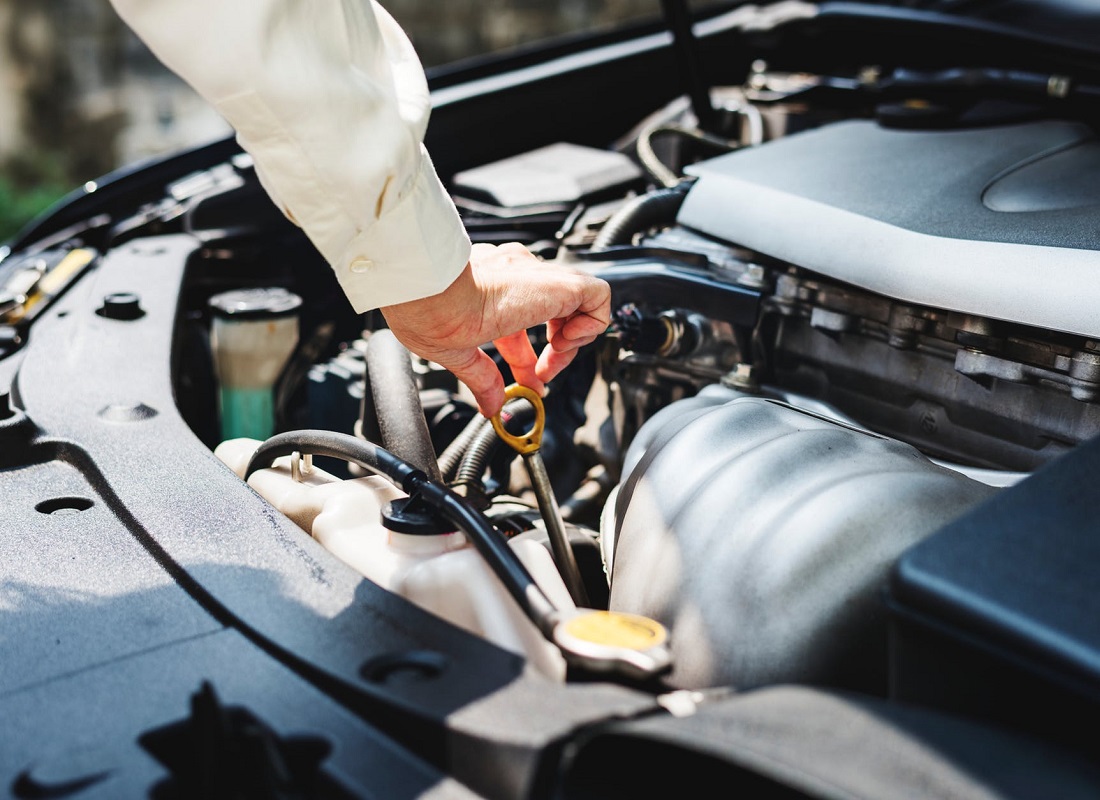 Image source: Pexels
Image source: Pexels
As everyone knows (we hope), from time to time you should to check your car’s oil level and top it off between oil changes. Oil is your engine’s lubricant, ensuring the hundreds of metal components don’t wear each other down. Oil also absorbs some of the heat from your engine which improves its efficiency. You may be tempted to buy the cheaper, regular oil when you’re shopping for oil. However, synthetic options are an overall more efficient and effective solution for most vehicles.
Synthetic oil is more uniform in composition, offering better protection for your engine. It protects better against heat buildup while the car is running, and can perform in both very high and very low temperatures. There are a few exceptions for using synthetic oil: If you have a brand new car, regular oil may run more efficiently as the engine’s design is not 100% smooth due to use. Much older cars that were built prior to the use of synthetic oils may also not handle them as well as regular oils. However, for most car buyers synthetic oil is the overall better option.
Tire Pressure Gauge
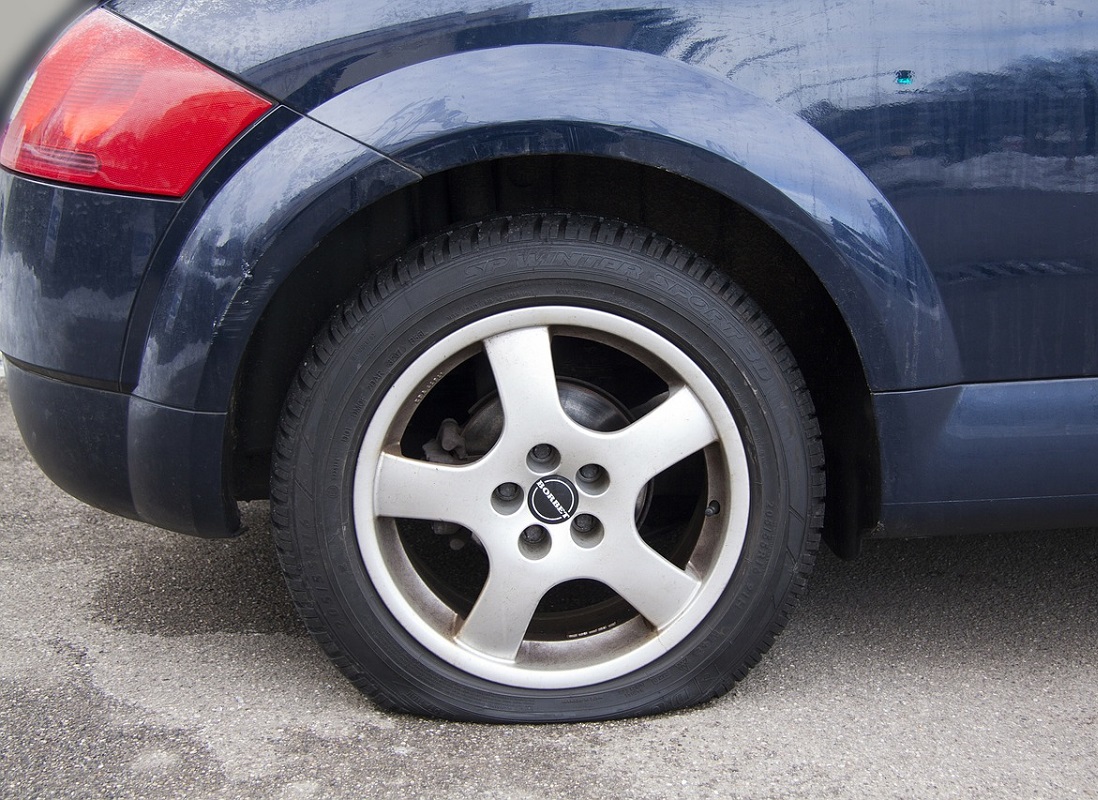 Image source: Pixabay
Image source: Pixabay
Tire pressure may not seem like the most important thing in the world, but it can significantly impact your car’s safety and fuel economy. Your tire’s pressure changes over time and with changes in temperature, so it’s important to know if yours are where they need to be. A simple digital tire gauge (which will cost less than $15 at the body shop or online) will improve your gas mileage and overall driving experience. You can even purchase gauges that include a tire inflator, so you can manage your pressure as you go, rather than just when you happen to remember at the gas station. This little gadget should definitely be in your glove box or trunk, along with the next item on the list.
Battery Tender
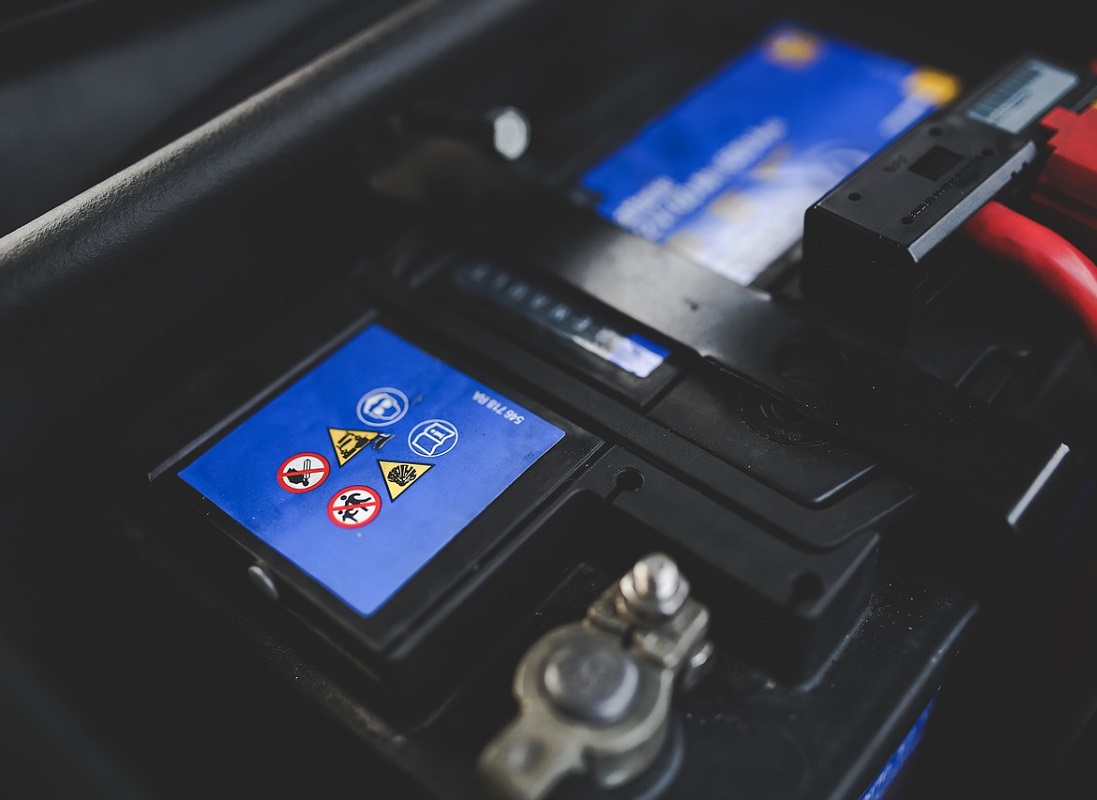 Image source: Pixabay
Image source: Pixabay
If you’ve got a car that sits in the garage or shed more often than when it’s on the road, you need a battery tender. When cars sit for long periods of time, batteries lose their voltage. You’ll know when this happens because when you turn the key to crank the engine, all you’ll hear is an unfortunate “click,” rather than the ignition.
A battery tender can save your car from this problem. It uses sensors to check your battery’s charge and will regulate the current and keep your battery from dying in the weeks and months you’re not using the car. Unlike the alternative trickle chargers (which have a tendency to “fry” batteries), these adjust according to your battery’s charge constantly. What’s more, you can typically pick up one of these battery lifesavers for less than $20.
A Jump Starter
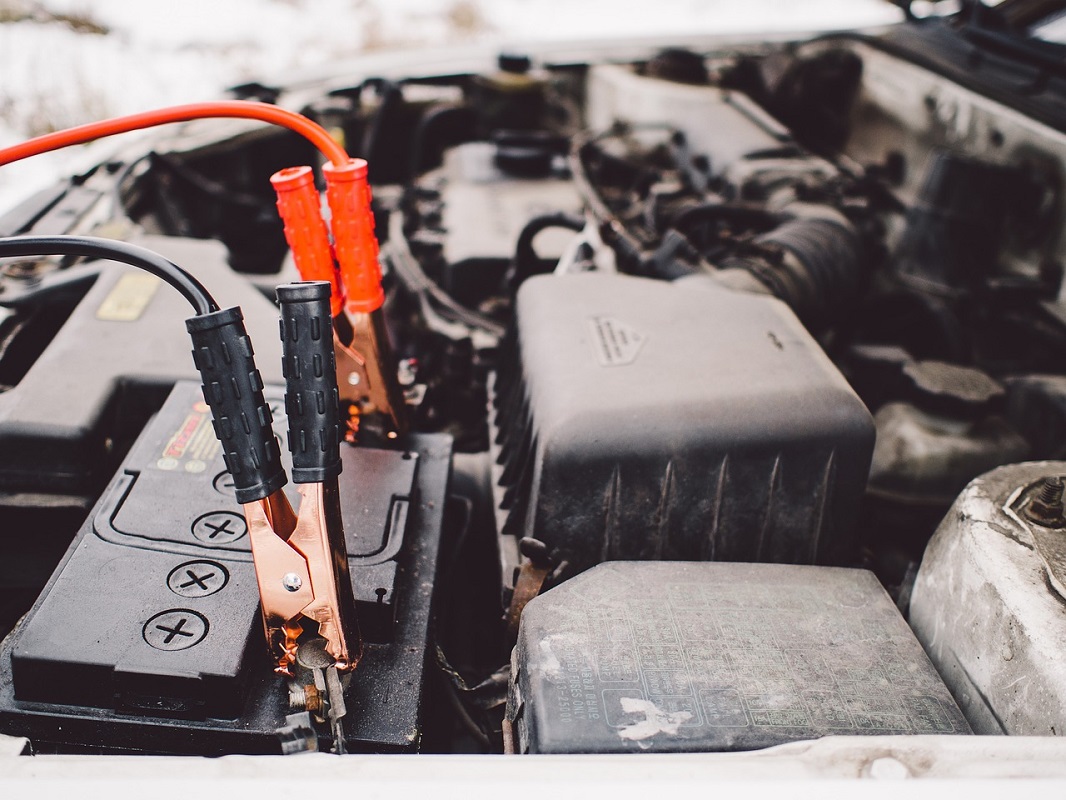 Image source: Pixabay
Image source: Pixabay
If you’ve been driving long enough, you’ve likely experienced this situation: You left your lights on or left the trunk a little bit cracked, and the next morning your car won’t start.
When this happens, it can be difficult to find someone who has a jump starter and is willing to stick around while you wait for your car to start. Instead of relying on the goodwill of others, invest in your own jump starter.
Reputable jump starters will cost about $100 but will be well worth the investment next time you’re stuck in an empty parking lot. You can also buy starters that have multiple functions, such as charging phones or as a limited power source.
